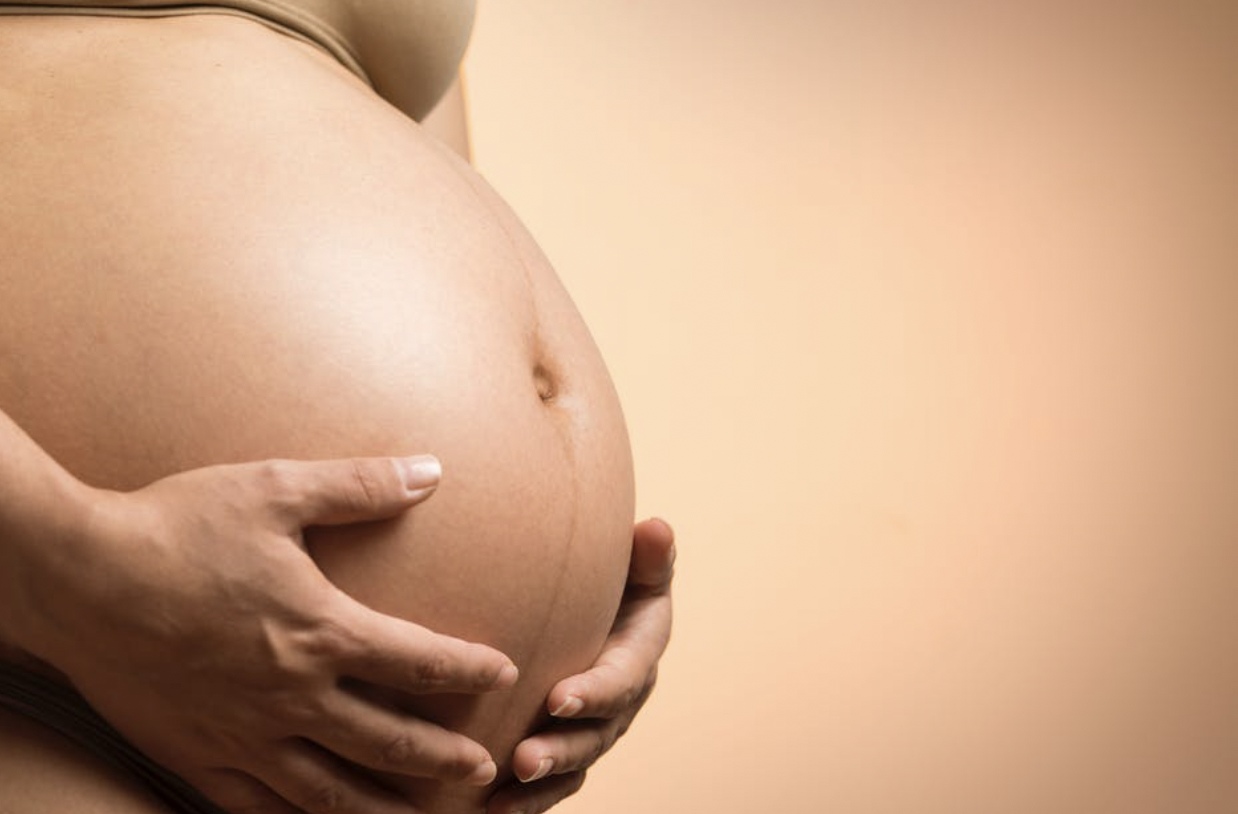Understanding the Process of Egg Donation and Its Impact on Family Building

Egg donation provides a solution for those facing infertility, whether due to medical conditions, age, or genetic issues. The growing acceptance of this route reflects a cultural shift towards diverse family-building options.
Get to know the nuances of egg donation to dive into both the medical aspects and emotional implications for all parties involved. This comprehensive overview will guide prospective parents, donors, and families through the journey of egg donation, emphasizing its significance in contemporary reproductive health. Read on to learn more!
The Basics of Egg Donation
The egg donation process starts with several preliminary steps, including screening and matching. Potential egg donors undergo extensive medical and psychological evaluations to see if they are suitable candidates. This screening process examines health histories, genetic backgrounds, and psychological readiness, reflecting the responsibility of such a commitment.
Once a match is established, the donor undergoes hormonal treatments that stimulate egg production and maturation. These medications require careful monitoring to track progress and guarantee the health of both the donor and the quality of the eggs retrieved. A minor surgical procedure is performed to extract the eggs. The entire process—from screening to retrieval—spans several weeks, requiring commitment from the donor and clear communication with the fertility clinic.
The Role of Fertility Clinics
Fertility clinics facilitate the egg donation process, providing necessary medical expertise and support for all parties involved. These clinics may include donor matching, monitoring of the donor’s cycle, and performing the retrieval procedure. Many clinics also provide counseling services to navigate the emotional aspects of egg donation. For those seeking to build families through a NYC area donor egg program, look for reputable clinics in the area. Both donors and recipients are protected throughout their journey.
Many thriving fertility centers also engage in ongoing research to improve egg donation outcomes, which directly benefits future recipients. The expertise and support of such clinics can lead to higher success rates, comforting families as they embark on their journey toward parenthood.
The Emotional Journey for Donors and Recipients
Both donors and recipients undergo emotional journeys throughout the egg donation process. For donors, the experience can be empowering, providing them with the opportunity to assist another family in achieving their dream of parenthood.
The prospect of becoming parents through the help of a donor can be profoundly rewarding, but it can also lead to feelings of inadequacy or loss related to their infertility struggles. Constant communication with fertility specialists manages these feelings and offers emotional support throughout the process. Clinics provide counseling sessions to address anxiety and emotional preparedness for both donors and recipients.
Medical Considerations for Donors
Before beginning the donation process, potential donors must be informed about the hormonal treatments and the associated risks. Common side effects might include mood swings, bloating, and potential ovarian hyperstimulation syndrome (OHSS), which needs monitoring during the stimulation phase.
Donors should also receive comprehensive counseling regarding any long-term impacts of egg donation. Potential donors must consider their emotional readiness to engage in such a significant decision, knowing the eggs will contribute to creating a family for someone else.
Legal and Ethical Considerations
Legal agreements outline the rights and responsibilities of donors and recipients for clarity and mutual understanding. These contracts meticulously address the unknowns of parentage rights, donor anonymity, and compensation, serving to protect the interests of everyone present. The ethical implications of egg donation should not be overlooked.
Concerns surrounding the exploitation and commodification of women's bodies can arise, raising ethical questions about compensation fairness. Ethical guidelines can establish professional standards for donor recruitment and incentivization. Adhering to legal and ethical standards helps cultivate responsible practices within fertility clinics and guarantees the ongoing protection of both donors and recipients. The dialogue around ethics can shape best practices in egg donation.
The Future of Egg Donation
The egg donation process continues to evolve with advancements in technology and social norms. Recent innovations in reproductive technology, such as improved egg freezing methods and genetic screening, have dramatically enhanced success rates for recipients.
Increased awareness and acceptance of diverse family structures, including single parents and LGBTQ+ couples, are shaping the future of egg donation. The stigma surrounding egg donation is diminishing — more people openly discuss their experiences and seek assistance. Future developments may involve further refinement of donor selection criteria and improved tracking of long-term outcomes for donor-conceived children. Such changes will improve success rates and ethical practices in egg donation.
The process of egg donation is a remarkable journey that highlights the resilience and possibilities of modern family building. From the medical and emotional facets to the legal and ethical considerations, it creates a complex landscape for all parties involved. This collaborative effort between donors, recipients, and fertility clinics fosters hope and the realization of family dreams. Egg donation remains a powerful option for those navigating the challenges of infertility.






